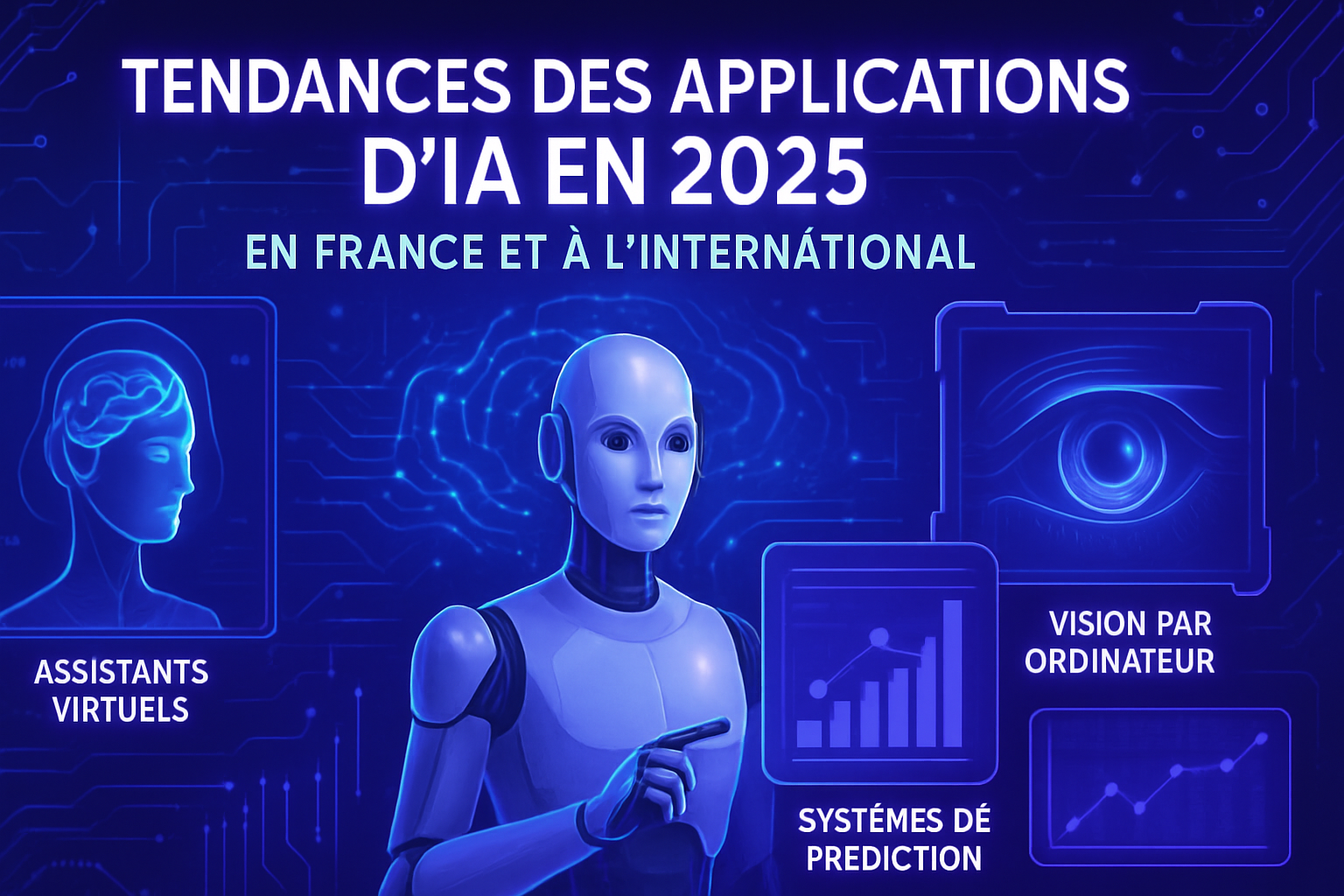Digital transformation encourages companies to reassess the impact of AI on their operations. A major challenge lies in adopting *relational* models rather than *transactional* ones. The imperative for a *unified data infrastructure* arises to provide an optimal customer experience. Overcoming these obstacles requires rigorous ethical governance, essential for building user trust. Developing quick-impact use cases emerges as a decisive strategy to prove the efficacy of AI. These strategic issues outline the contours of the entrepreneurial future, where AI agency redefines business interactions.
Create a unified data infrastructure
The transition to agentic AI requires a robust data infrastructure. Companies must harmonize customer experience data from various touchpoints, including physical stores, social interactions, and mobile applications. This homogenization will foster a holistic understanding of the customer journey.
Utilizing unified data systems allows AI to emit precise real-time recommendations. The transformation potential revealed can be significant, as illustrated by the acceleration of business cycles and improved conversion rates. Teams can query this data in natural language, thus facilitating the identification of optimization opportunities.
Establish rigorous ethical governance
A well-designed ethical governance framework is imperative. This includes establishing a clear ethical framework to regulate the use of AI, thereby protecting sensitive information and preventing systemic discrimination. Implementing such measures proves fundamental to ensuring user trust while complying with new European regulations.
A relevant example comes from a French insurance company that anticipated biases in its AI. By examining algorithms trained only on its young, urban clientele, it proactively limited inappropriate analyses for other populations. This level of vigilance enabled the effective deployment of a fraud detection system.
Prioritize immediate-impact use cases
In response to rapid transformation, innovative companies must adopt a strategy focused on targeted and measurable applications. These initiatives allow for the quick identification of organizational gaps while developing internal skills within teams. Initial successes will serve as a springboard for more substantial and bolder investments.
Top management must be the one to drive this strategy, thereby defining the vision for emerging technologies like agentic AI. Designing action plans to quantify immediate benefits, while considering future changes, represents a significant challenge. Business relationships should no longer be limited to simple transactions but also involve personalized and preventive experiences.
FAQ on the challenges faced by companies regarding agentic AI
What are the main challenges companies face when adopting agentic AI?
The main challenges include limitations to a transactional approach, the need for a unified data infrastructure, and the establishment of rigorous ethical governance.
How can companies overcome the transactional approach to AI?
To overcome this limitation, companies must rethink their strategy and focus on establishing genuine connections with their customers and collaborators.
Why is it essential to create a unified data infrastructure for agentic AI?
A unified data infrastructure allows for the aggregation and harmonization of customer experience information, thereby facilitating a comprehensive understanding and relevant real-time recommendations.
What are the consequences of a fragmented data architecture on AI?
A fragmented data architecture limits the effectiveness of AI systems, hinders decision-making, and creates inconsistencies in customer engagement.
What criteria should be considered to establish ethical governance of AI?
Criteria include the security of sensitive data, the prevention of algorithmic biases, and compliance with current regulations in the European Union.
How can companies identify and prevent bias risks in their AI systems?
Companies must anticipate biases by training their models on diverse data and implementing early detection systems to signal anomalies.
What role does top management play in adopting agentic AI?
Top management defines the vision and adoption strategy, ensures resource commitment, and legitimizes investments in impactful AI initiatives.
How can companies leverage initial successes of agentic AI?
Companies can measure the concrete benefits of AI applications, such as process optimization and enhanced customer engagement, to justify future investments.
What types of agentic AI use cases present immediate impact on businesses?
Immediate-impact use cases include customer support automation, hyper-personalized marketing, and inventory optimization.
How can organizations ensure effective coordination among different teams on AI projects?
Organizations can implement transparent decision-making processes and clear responsibilities, often through committees dedicated to evaluating AI initiatives.






